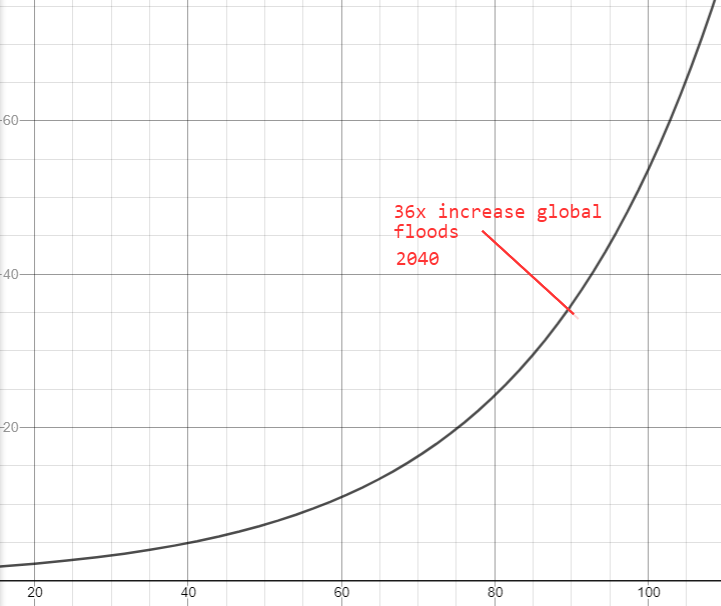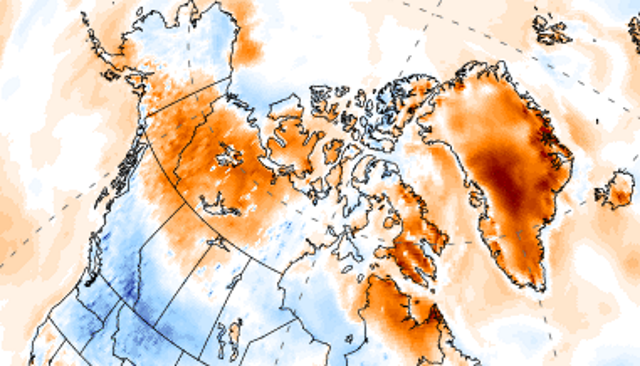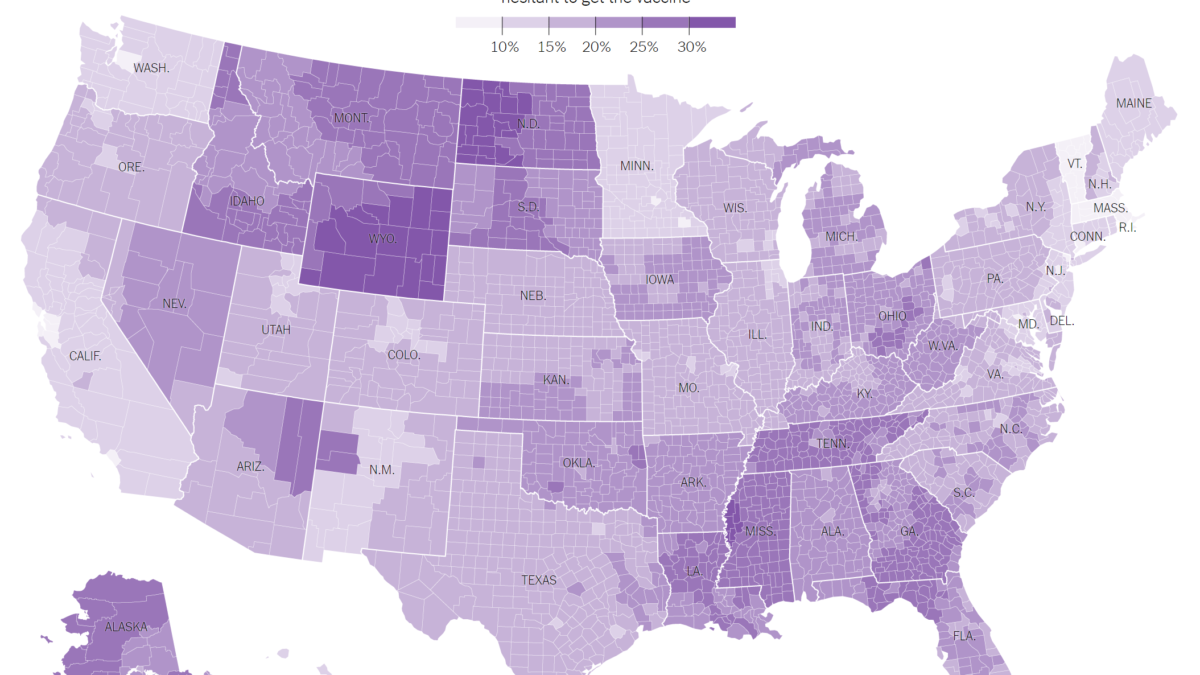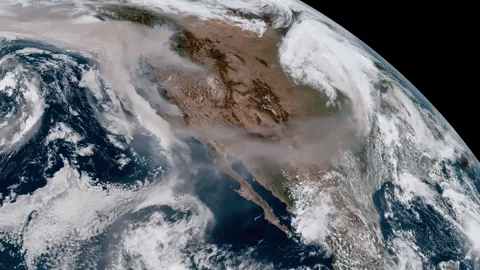Exponential growth in impacts from abrupt climate change

By Nick Humphrey
2 May 2019
(Patreon) – I get asked a lot about what the future holds. I discussed the projections of global average temperature and sea level rise in an upcoming interview on Radio Ecoshock (will be posted next week). However, while trying to write an article on this, I found myself frustrated with the esoteric…global or regional temp average rises, even global sea level rises … it’s all esoteric. This is where my meteorology side is starting to speak to me.
I care about impacts on the environment. People and living creatures. Sea level rises mean more coastal floods which cause death and mass destruction. Warming means more extreme heat events are devastating agriculture and risk human and biosphere health.
People need to understand that climate change which has occurred thus far has already rapidly changed the state of the extremes of weather; it has “loaded the gun”, adding a much greater number of events to what would’ve already occurred naturally. This stresses human civilization and the biosphere. The faster the drivers (rising global temperatures) accelerate, the faster the impacts accelerate in frequency and magnitude. They seem to be accelerating faster than the global temperature rise, suggesting how sensitive our global climate system is to change. All of these changes are based on +1.2 C of global warming and +1.5 C of warming over land areas (5-yr averages). The faster that rises, the steeper the curve will be toward rises in these impacts; and the resulting non-linear effects on humans and other species.
1. Floods
Global flooding events have increased 15 times since 1950 (ending in 2018). Global flood events have doubled in number every 17 years.
If this exponential rise continues, this would mean a rise in global flood events by 24 times by 2030 and 36 times by 2040 (relative to 1950). This poses hazards for infrastructure (bridges, roads, buildings), agriculture, dangers to humans, particularly in flash floods and storm surges (as sea level rises), and of course ecosystems which cannot deal with increasing floods and are destroyed, with little ability to recover before the next event. Increasingly bigger floods will occur as water vapor increases and sea levels rise. [more]


